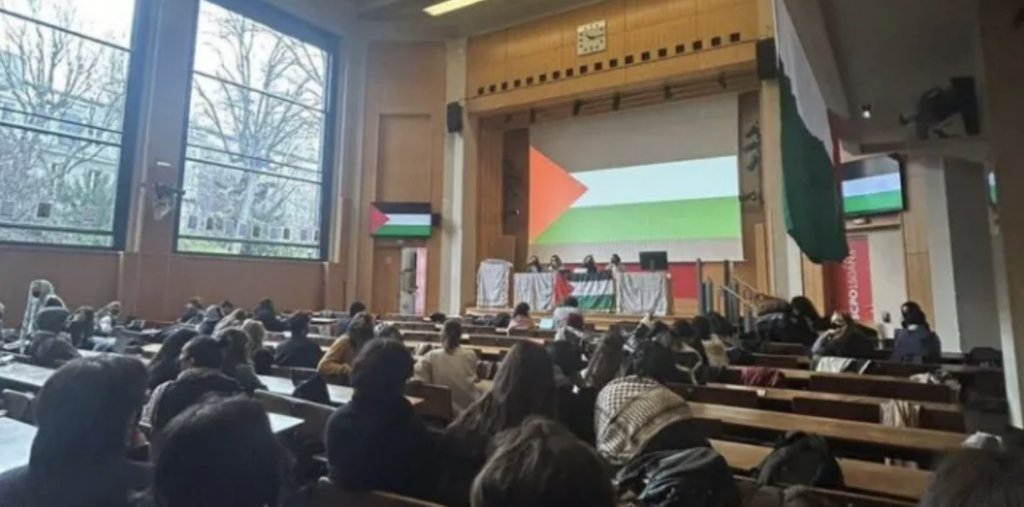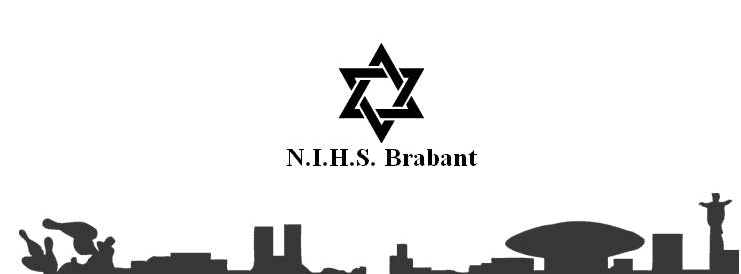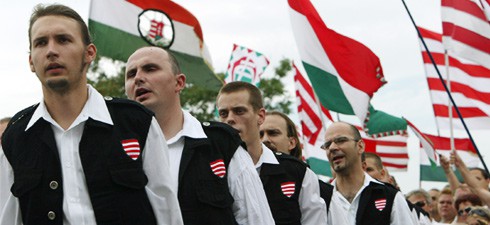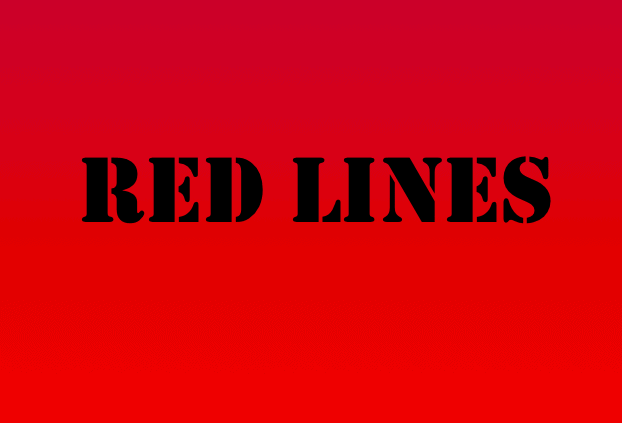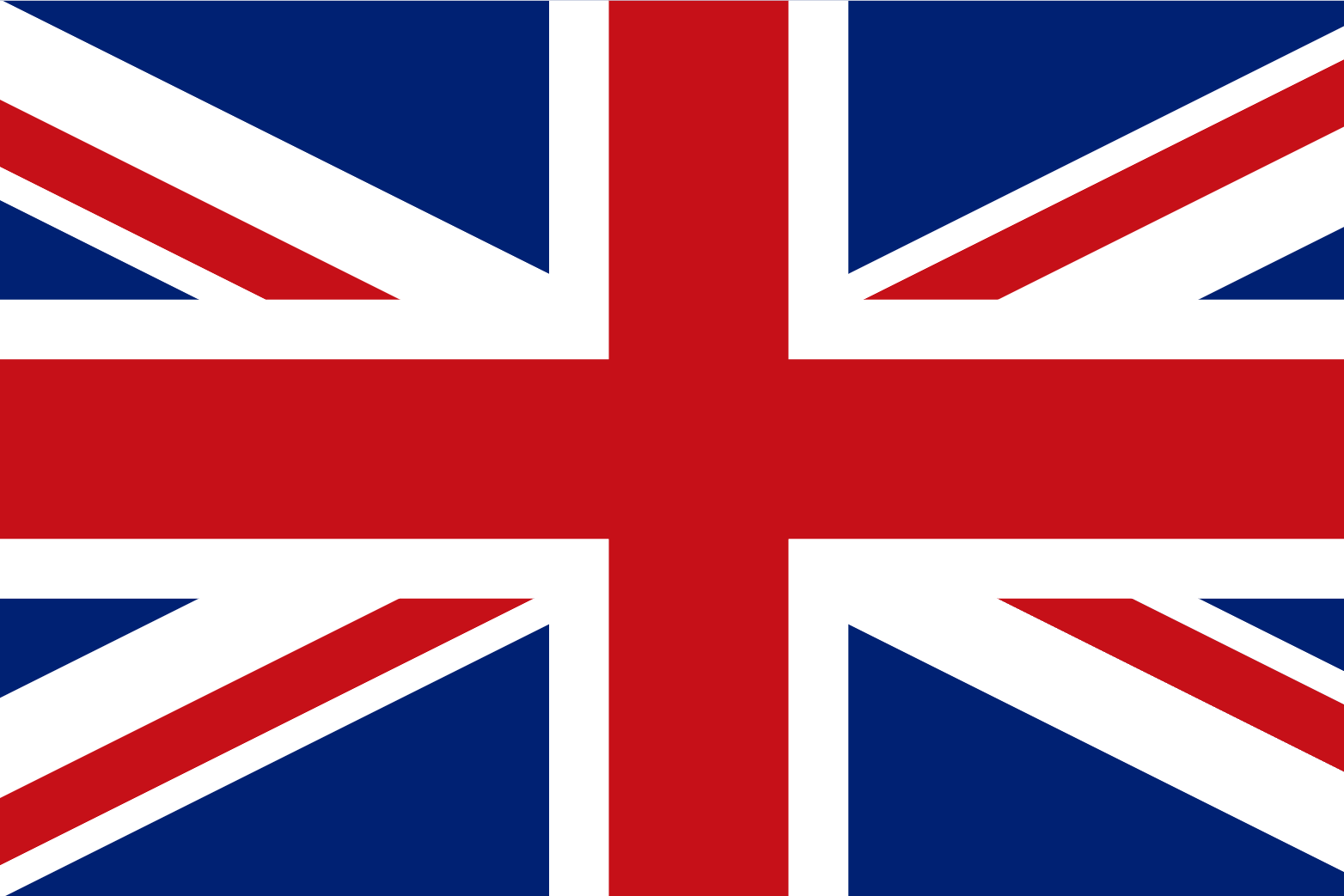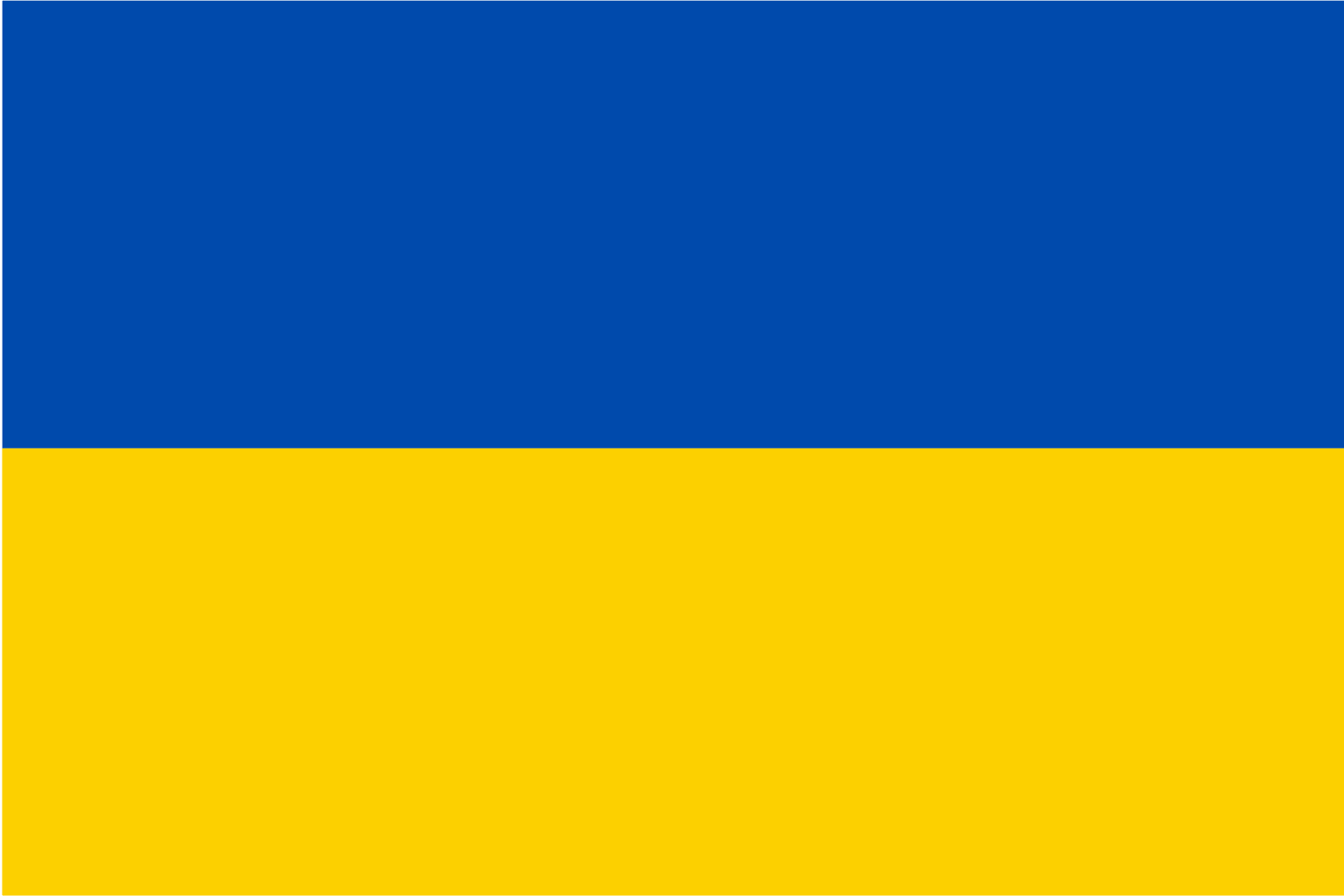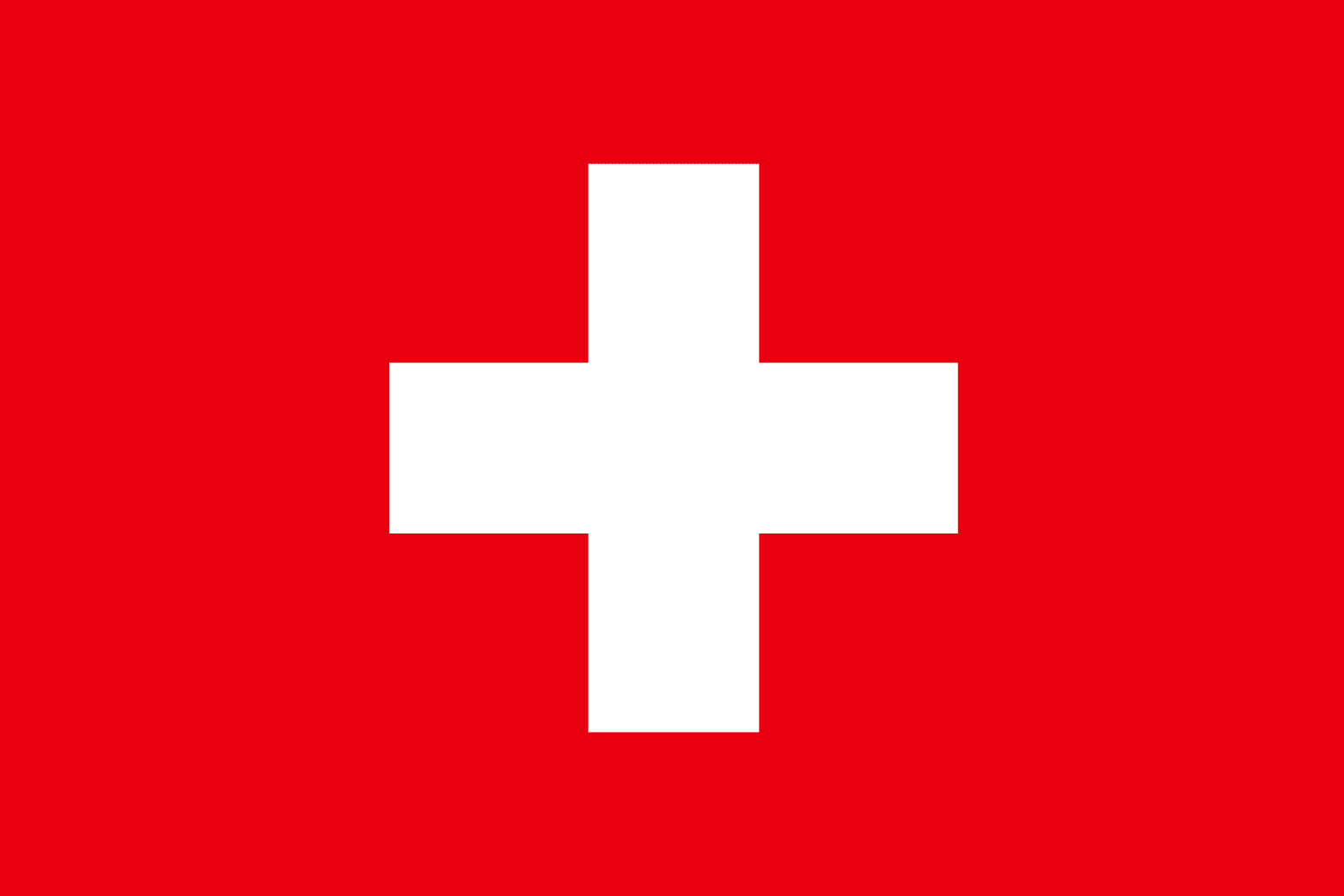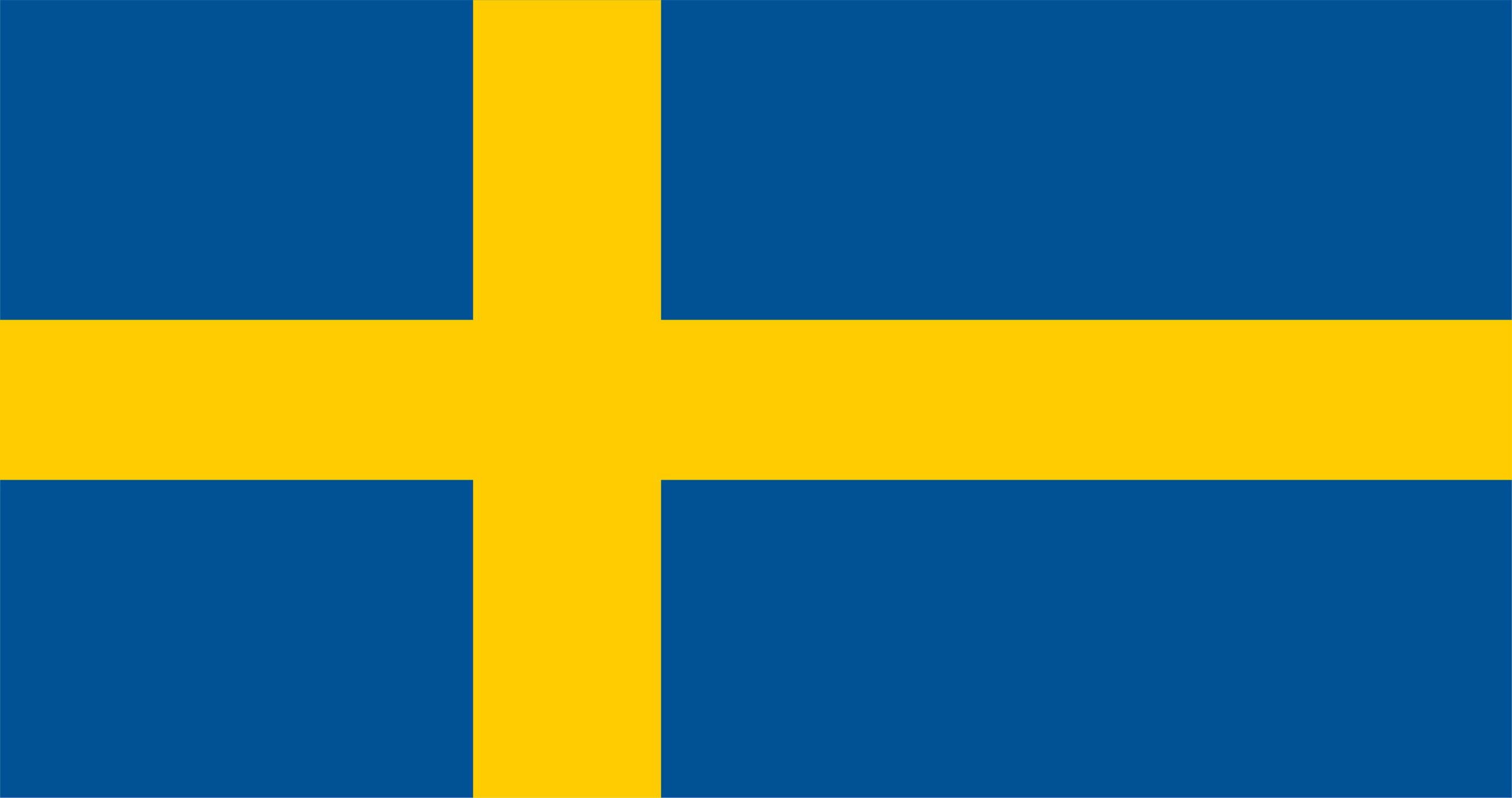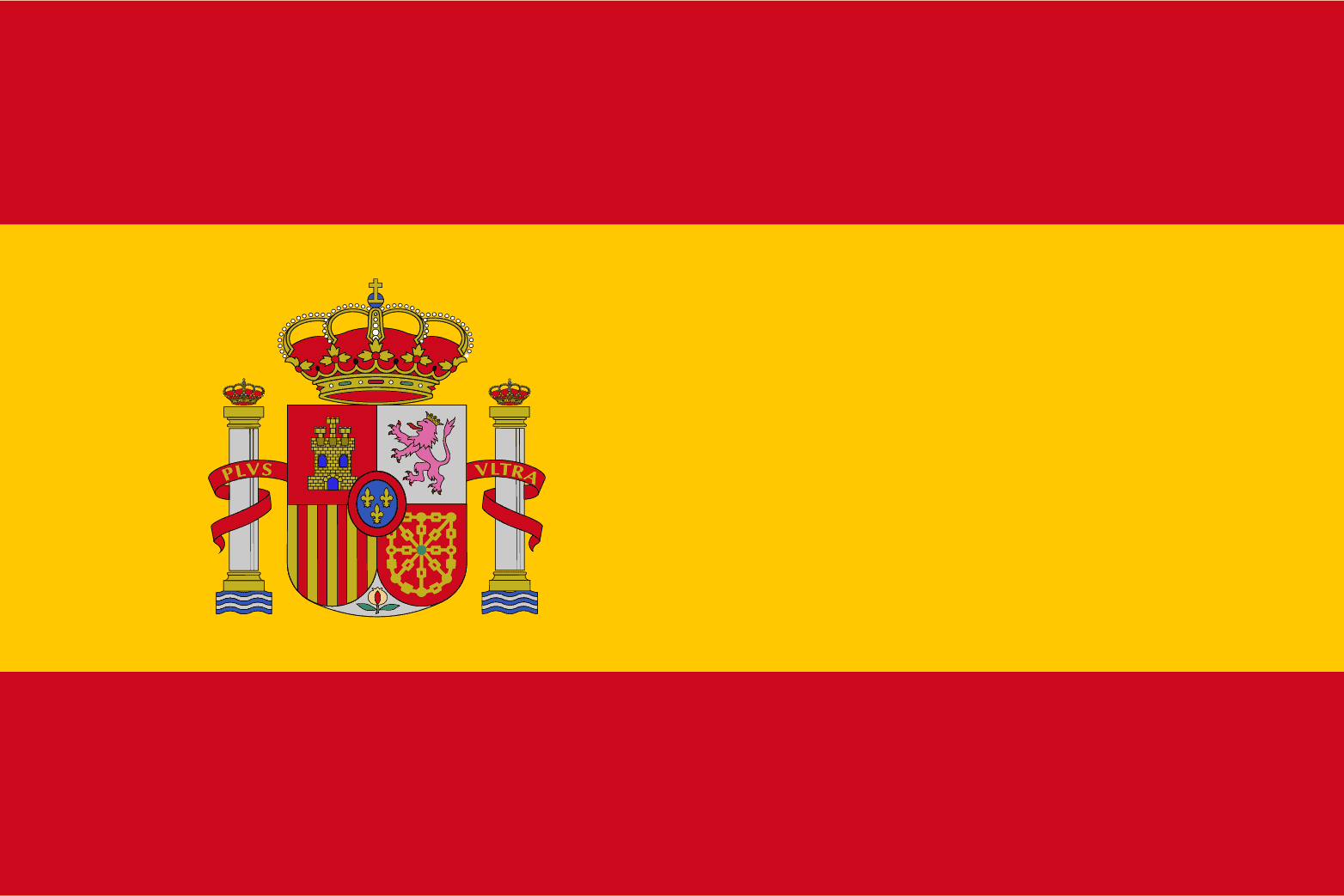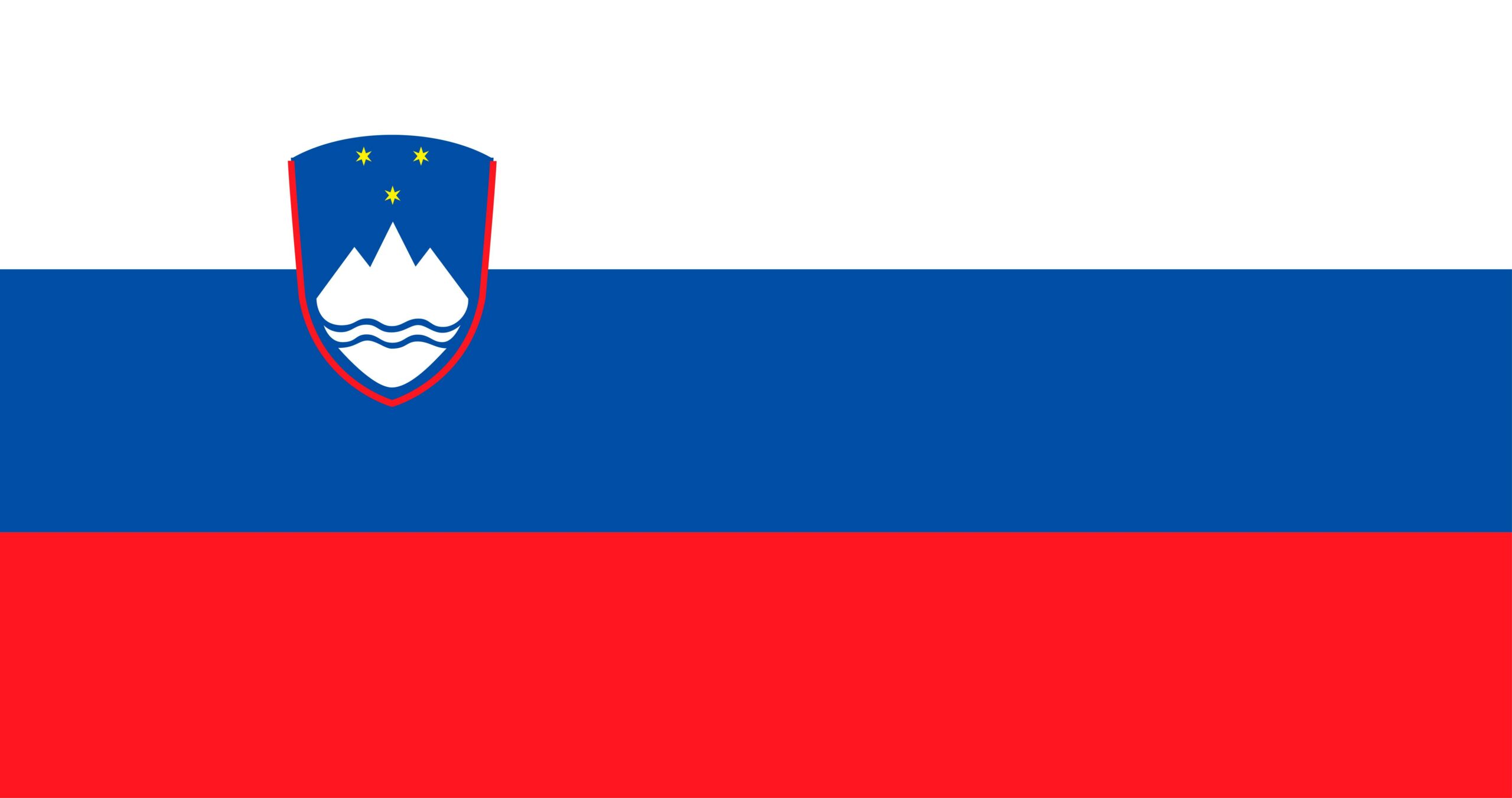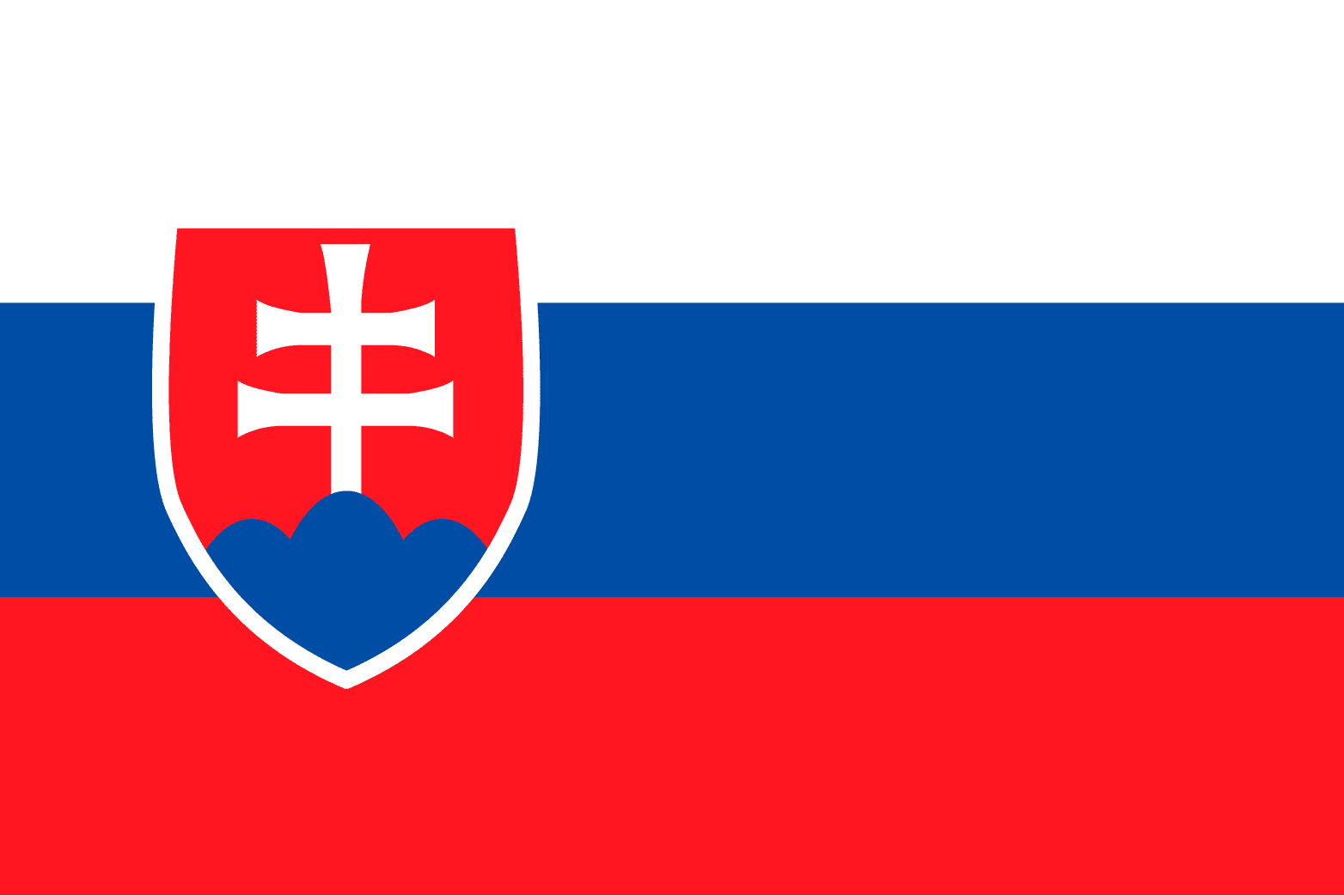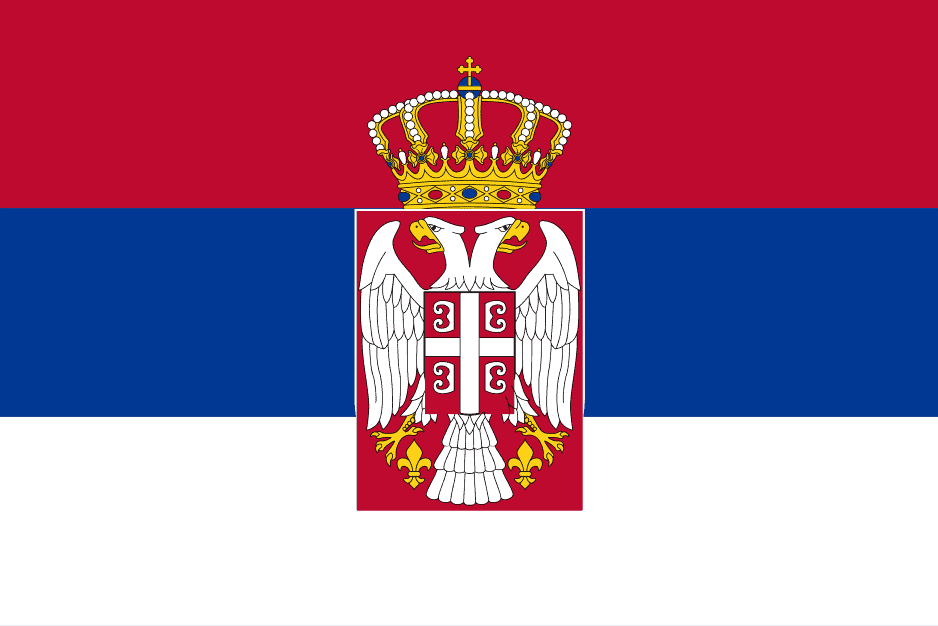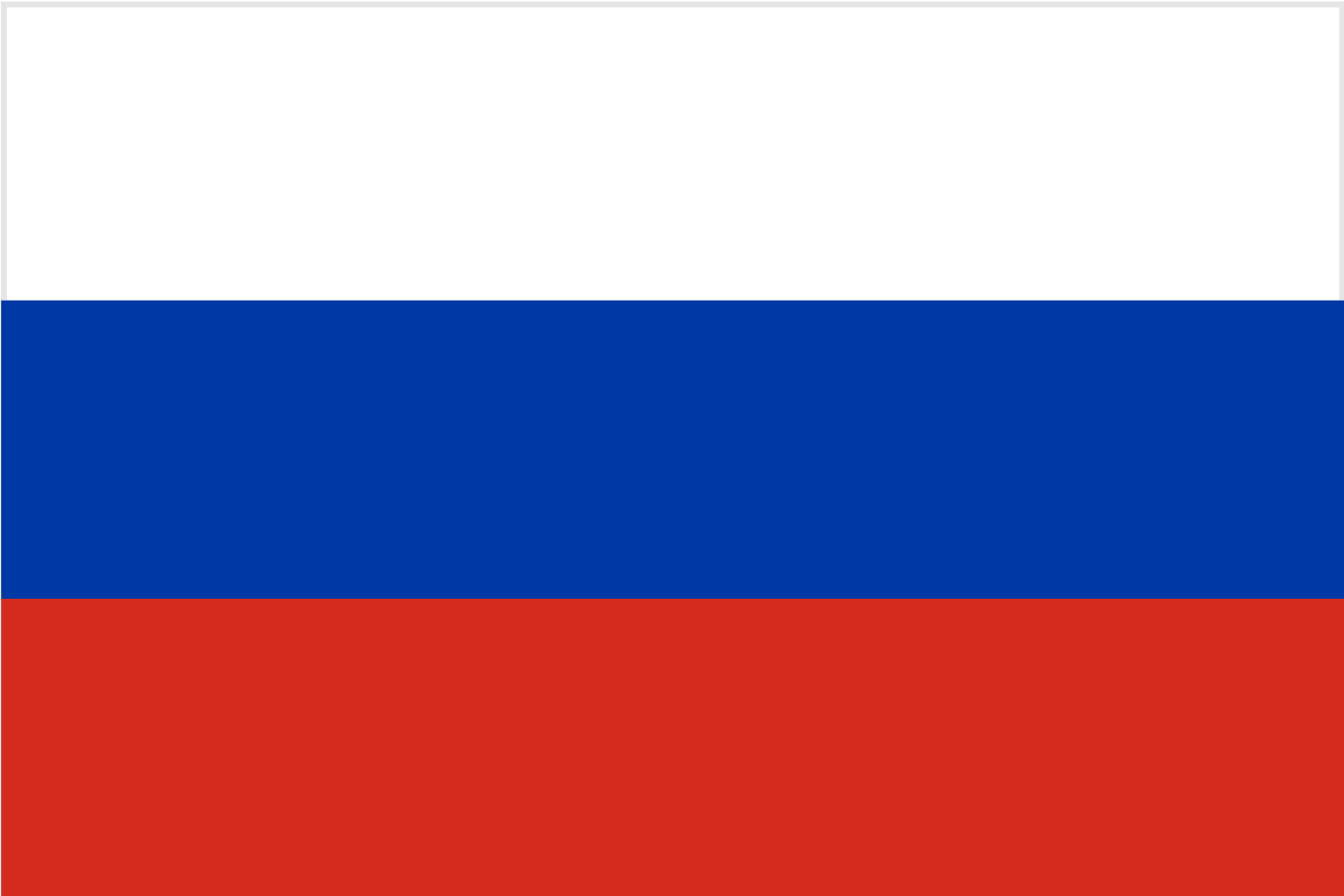The student was prevented from entering because she was J”ewish and therefore a Zionist.”
French President Emmanuel Macron called the incident “unspeakable and perfectly intolerable.”
A Jewish student was barred from entering a lecture hall at the elite French university Sciences Po by pro-Palestinian demonstrators who occupied the place and renamed it “Gaza Amphitheater”.
The student, who is a member of the Union of Jewish Students in France (UEJF), was greeted with shouts of “Don’t let her in, she’s a Zionist.’’
The hall was lined with Palestinian flags and keffiyehs. Outside the university, students, including UEJF members, were also taken to task by pro-Palestinian activists. While the UEJF members called for a minute’s silence for all the victims of Hamas and for the release of the hostages, the pro-Palestinian activists responded in the negative, chanting “From the river to the sea,’’ a slogan which means the destruction of the State of Israel.
At a cabinet meeting, French President Emmanuel Macron, who is himself a Sciences Po alumnus, called the incident “unspeakable and perfectly intolerable.”
The Minister for Gender Equality, Aurore Bergé, wrote on X that “what’s going on here has a name, anti-Semitism.’’.
The student was encouraged to file a legal complaint.µ
France – which is home to the world’s largest Jewish population after Israel and the United States and to Europe’s biggest Muslim community – has seen a rise in anti-Semitic acts and pro-Palestinian protests since Hamas militants attacked Israel on October 7.
According to a survey published at the end of last year, 9 in 10 French Jews attending universities have had an experience with antisemitism.


